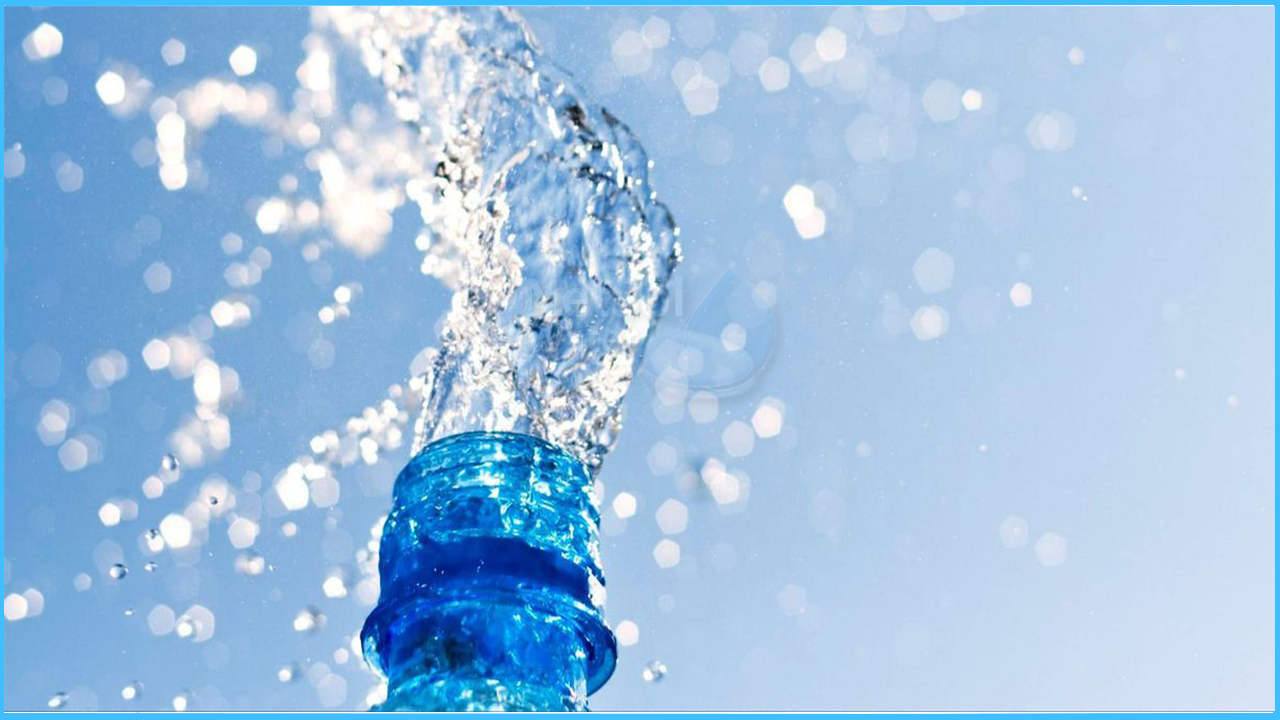What is ultrapure water?
Water that has been purified to unusually severe criteria is known as ultrapure water (UPW), high-purity water (HPW), or highly purified water (HPW). Ultrapure water is a term used in the semiconductor industry to describe water that has been treated to the highest levels of purity for all types of contaminants, including organic and inorganic compounds, dissolved and particulate matter, volatile and non-volatile, reactive and inert, hydrophilic and hydrophobic and dissolved gases.
Methods for making Ultrapure Water
Some water may be salty, which is fine for generating thermoelectric electricity. Even after being cleansed for human use, water may contain harmless, microscopic impurities. Ultrapure water, on the other hand, may only be defined as water that has been treated to the highest conceivable standards. Ultrapure water, commonly known as UPW or high purity water, is required for highly sensitive operations such as pharmaceutical production, laboratory research, and supercritical boiler power generation. These techniques are so exact that even the minute contaminants, which are safe for human consumption, would cause problems.
Before using a deionizing water system of ion exchange (IX) or electro ionization, the ultrapure water process begins with pre-treatment, which commonly includes a reverse osmosis water filter (RO), activated carbon water filter (AC), or UV purification (EDI). Ultrapure water is made using several variations in this method, and the finished product's quality criteria vary based on its intended application.
Over the last few decades, there has been an upsurge in the demand for ultrapure water (UPW). In the global water market. UPW production today has a position nearly equal to saltwater desalination, meeting the needs of numerous industrial applications. The average UPW production system incorporates 5 to 10 purification technologies, including ultrafiltration (UF), reverse osmosis (RO), and ion exchangers, to achieve a very low level of pollutants (IX). In recent years, RO has been at the vanguard of this complex process, as it is used to perform the bulk of impurity rejections. The rising importance of RO in UPW production is depicted here.
How do you produce Ultrapure Water?
Ultrapure water is created using techniques such as membrane filtration and ion exchange. These processes are employed to achieve the ultimate conductivity of 10 uS/cm. The desalinated water is then treated with a high-performance Mixed Bed or electro deionization.
Why should you use Ultrapure Water?
Ultrapure water is free of pollutants and impurities, which are both present in ordinary drinking water. The sorts of contaminants in your water, as well as their amounts, can vary depending on where it comes from. Impurities and pollutants can have a significant impact on your data. By ensuring that the water you use is of a high purity, you can prevent data sabotage and assure trustworthy, accurate findings.
Our Opinion
The flowchart given varies depending on the quality of the raw water and the needs of the consumer. There are numerous possibilities. More importantly, the ideal solution must meet the lowest life cycle cost requirements, such as low operating costs, low maintenance, and ease of operation and monitoring.




